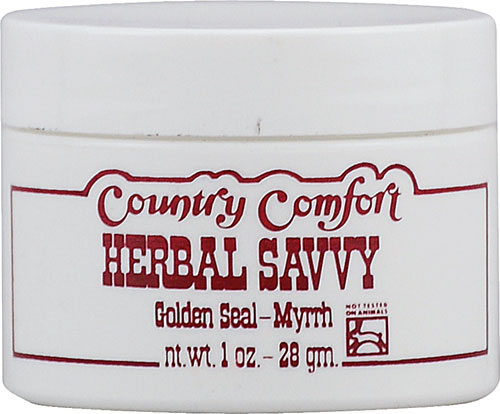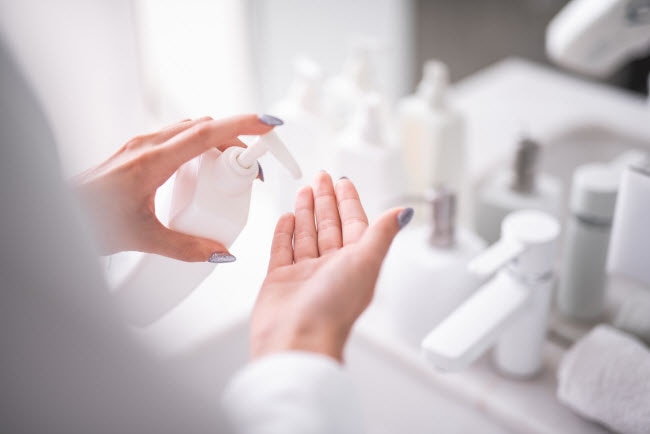Eczema is a skin disorder that can be caused by a number of things. Leading research has pointed to causes such as gene mutation, hormones, autoimmune disease, food allergens, stress and environmental factors. Normally, the body processes food and external pollutants appropriately, filtering out what it doesn’t need and using what is beneficial. However, when something goes wrong with our immune systems, our bodies can start to perceive everyday foods and other triggers as invaders. A number of reactions can happen when this occurs, one being skin disorders such as eczema.
Appearing as a red rash or patches of dryness, eczema usually starts in childhood but can also begin in adult years. It causes flare-ups of skin irritation, blisters and itchy rashes. If left untreated, leathery skin patches can appear over time. Not pretty, right? Flare-ups can be so disruptive to your life and happiness.
But if you’re a sufferer, don’t despair! You can tame eczema with proper diet changes and by taking care of your skin with the right products. Try these beauty tips if you have eczema or pass them along to someone you know who does.
What to Do for Eczema
1. Eat beautifying foods
Diet is important when it comes to living with eczema. Be sure to focus on fresh, beautifying foods beneficial for fatty acid levels and overall nutrition. Some important nutrients to eat are foods high in vitamin E, such as raw nuts and seeds (if you’re not allergic) and avocados. Foods high in omega-3 fatty acids are anti-inflammatory and important for skin health. They also supply nutrients such as selenium, zinc and biotin.
Wild-caught fish such as salmon and tuna are great sources of omega-3s. Consider taking a high-quality fish oil supplement with added antioxidants such as Garden of Life Oceans 3™ Beyond Omega-3™. If you’re vegan, opt for a vegan omega-3 supplement and be sure to get enough zinc, selenium and biotin from a dietary supplement or food source.
Fresh fruits, whole grains (choose gluten-free options such as oats and quinoa) and a variety of dark, leafy green vegetables are also beautifying foods you should focus on. Foods rich in vitamin C such as peppers, fruits, tomatoes and green vegetables are also highly beneficial for the skin.
2. Use a hypoallergenic lotion
One of the best changes to make in your beauty routine is to choose hypoallergenic options, starting with lotion. Moisturizing the skin is very important, but many lotions have allergenic fragrances or other ingredients that may irritate already inflamed skin. All lotions that are hypoallergenic will say so on the front or back of the package. It’s also best to purchase one without added fragrances, such as Alba® Botanica™ Very Emollient Body Lotion. If you are sensitive to gluten or other allergens, be sure to check the label to ensure the product is gluten-free or free of allergens you are sensitive to.
3. Apply a skin balm that contains vitamin E
Along with a high-quality lotion, certain skin balms can be applied to patches of eczema when you have a flare-up. Two very effective choices are Derma E® Tea Tree and Vitamin E Relief Cream and Derma E® Psorzema® Créme, which are great to apply after showering or any time a patch of dry skin becomes inflamed.
4. Avoid corticosteroids
One of the main modern-day medical solutions for eczema is corticosteroid creams. While these products are very effective at helping relieve itchy skin, they do not get rid of the internal triggers of eczema and may cause skin eruptions on other parts of the body over time. They are also inflammatory to the skin and may cause certain health issues. One of the main side effects of corticosteroids is acne that may appear on the face, arms or other parts of the body. Choose natural options instead to avoid skin and other health issues associated with these products.
5. Avoid dietary and environmental triggers
Two of the best ways to avoid inflamed skin is to avoid both dietary and environmental triggers. Many eczema sufferers are sensitive to dry air in the winter and pollen allergies that occur in spring and fall. Avoid being outside during the late morning and late afternoon as these are the times of the highest pollen counts in most areas. In winter, be sure to avoid staying outdoors for long periods of time due to the dry air, and apply a lotion and skin balm daily after showering.
Dietary triggers commonly linked to eczema include dairy, gluten, peanuts, eggs, tree nuts and soy. Not everyone should avoid these triggers since some foods in these categories such as plain yogurt and organic soy foods are high in beneficial compounds that protect and nourish the skin. To find out your triggers, consider an elimination diet to pinpoint if any are causing your eczema flares. It’s worth your time and effort.
For more tips for living with eczema, be sure to check out the National Eczema Organization for more trusted resources that may help you or someone you know.




